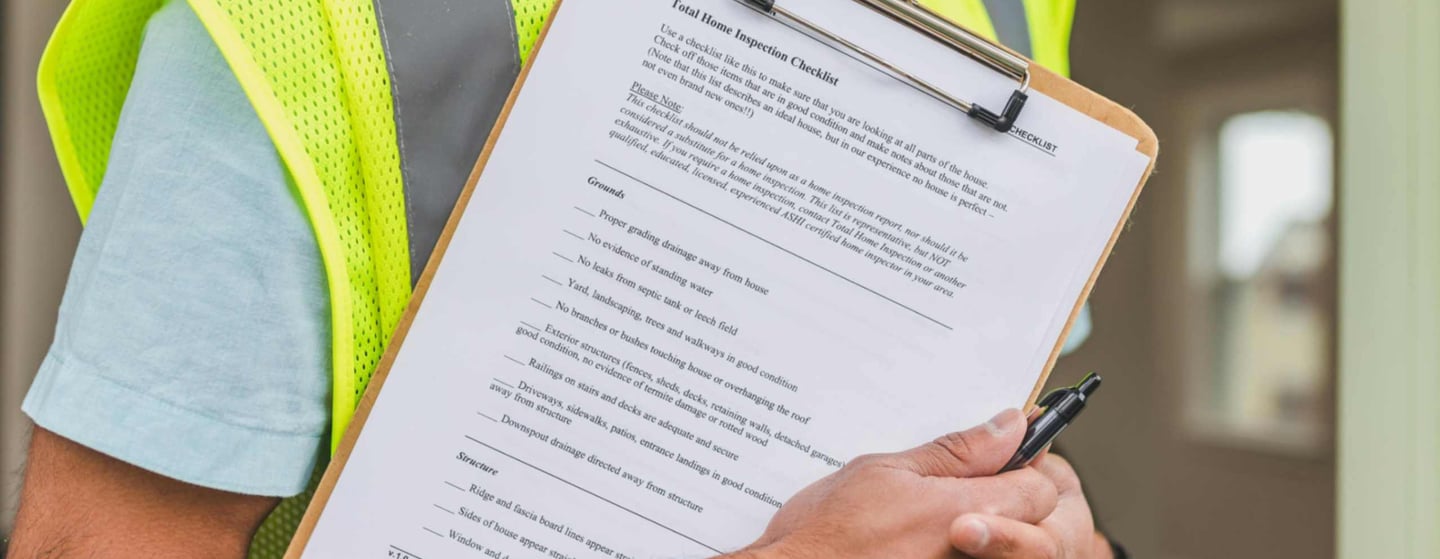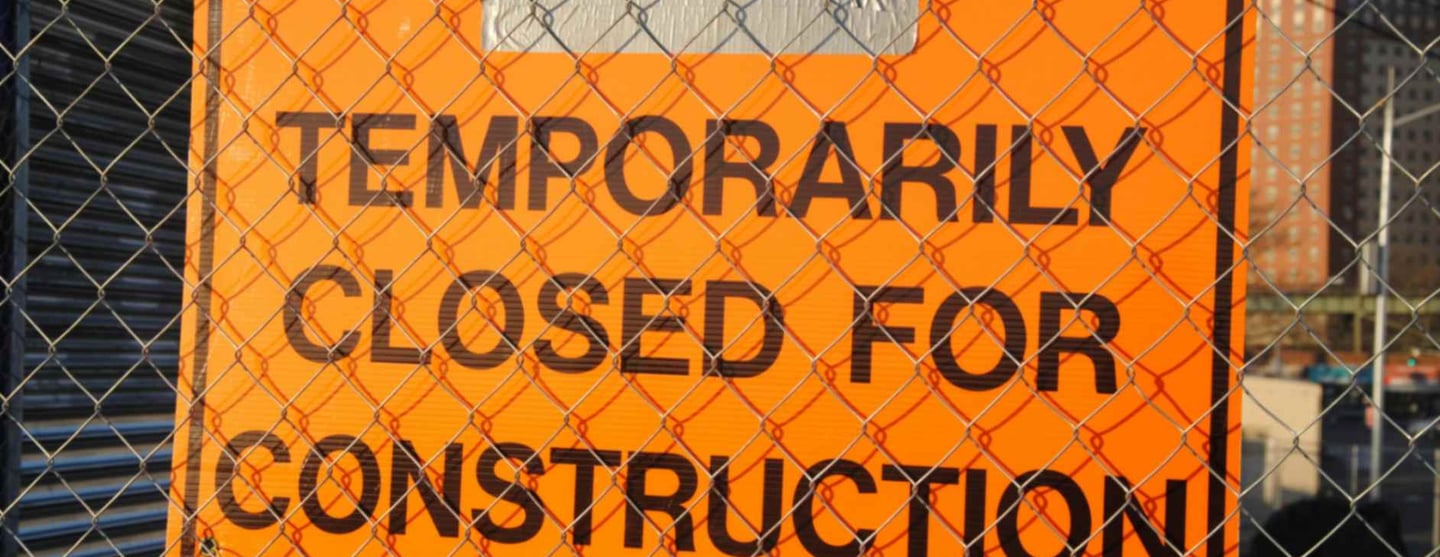Building Permits & Zoning Laws in South Africa: What Every Property Owner Must Know
Blog post Navigating Construction Laws and Zoning Regulations in South Africa Building or renovating in South Africa? Understanding construction laws and zoning regulations is key to a successful project. In this blog post, we break down the essentials of obtaining building permits, complying with zoning rules, and avoiding costly mistakes. Stay informed with expert advice tailored to South African property owners. Read the full article now on our blog!
NEW CATEGORY
Environmental Pro Construction
1/22/20253 min read


Building Permits & Zoning Laws in South Africa: What Every Property Owner Must Know
Before breaking ground on any construction project, understanding building permits and zoning regulations is essential. Whether you're building a new home, expanding your business, or developing a commercial property, compliance with South Africa’s building laws is non-negotiable.
Ignoring municipal permits and zoning laws can lead to:
❌ Hefty fines
❌ Stop-work orders
❌ Demolition of unauthorized structures
❌ Insurance invalidation
This guide will walk you through everything you need to know to ensure your construction project is legal, compliant, and hassle-free.


What is a Building Permit?
A building permit is a legal authorization from your local municipality, allowing construction, renovation, or structural changes. It ensures that all projects comply with the National Building Regulations and Building Standards Act (Act 103 of 1977).
Why Are Building Permits Required?
🔹 Ensures Structural Safety – Protects property occupants by enforcing engineering best practices.
🔹 Prevents Unauthorized Construction – Avoids illegal buildings that violate zoning laws.
🔹 Protects the Environment – Regulates sustainable construction practices (e.g., water management & energy efficiency).
🔹 Legalizes Your Property – Ensures your building can be sold, insured, or financed without legal complications.
💡 Did You Know?
Municipalities have the legal right to demolish buildings that were constructed without approved permits, at the owner’s expense.


Step-by-Step Process: How to Get a Building Permit in South Africa
📌 Step 1: Submission of Building Plans
Prepare and submit detailed construction plans to your local municipality. These must include:
✅ Architectural Drawings – Layout, dimensions, and material specifications.
✅ Structural Designs – Load calculations, foundation details, and structural reinforcements.
✅ Environmental Impact Reports (if applicable) – Especially for eco-sensitive areas.
💡 Pro Tip:
Work with registered architects or structural engineers to ensure your plans meet regulatory standards before submission.
📌 Step 2: Municipal Review & Approval
The municipality will evaluate the plans based on:
✔ Compliance with National Building Regulations
✔ Zoning & Land Use – Ensures the project aligns with permitted land usage
✔ Health & Safety Standards – Fire safety, accessibility, and drainage requirements
💡 Processing Time:
✅ Small residential projects – 2 to 8 weeks
✅ Large commercial/industrial projects – 3 to 6 months
🔹 Outcome:
✔ Approved? ✅ Permit issued, construction can begin.
❌ Rejected? 🔄 Adjust plans based on feedback and resubmit.
📌 Step 3: On-Site Inspections & Compliance Checks
Once construction begins, municipal inspectors may conduct site visits to:
🔹 Verify the foundation work
🔹 Assess structural integrity
🔹 Confirm approved plans are followed
Failure to comply may result in:
❌ Stop-Work Orders – Halting construction until violations are corrected.
❌ Fines & Legal Action – Non-compliance penalties.
❌ Denial of Final Certification – No occupancy certificate until all regulations are met.


Understanding Zoning Regulations: Can You Build What You Want?
Before purchasing land or starting construction, check the zoning laws in your area. Zoning determines how land can be used, categorized into:
🏡 Residential Zoning – Homes, apartments, estates.
🏢 Commercial Zoning – Offices, shopping centers, businesses.
🏭 Industrial Zoning – Factories, warehouses, manufacturing plants.
🌱 Agricultural Zoning – Farms, conservation areas, rural properties.
💡 Why Does Zoning Matter?
📌 Building height restrictions – Certain zones limit the number of floors allowed.
📌 Boundary rules – Regulations dictate how close a structure can be to property lines.
📌 Floor Area Ratio (FAR) – Ensures buildings don’t exceed maximum allowable space.
🔹 Pro Tip: Before purchasing land, consult a town planner to confirm your project’s feasibility.


What Happens If You Build Without a Permit?
Many homeowners and developers attempt to bypass the permitting process, but the consequences are severe:
⚠ Stop-Work Orders – Construction is immediately halted by municipal authorities.
⚠ Fines & Legal Penalties – Ranging from R10,000 to R100,000+, depending on violations.
⚠ Property Devaluation – Illegal structures cannot be sold, financed, or insured.
⚠ Risk of Demolition – The municipality can legally demolish non-compliant buildings.
💡 Did You Know?
Unauthorized buildings cannot be resold without obtaining retroactive approvals, which is costlier and time-consuming than securing a permit beforehand.
How Environmental Pro Construction Ensures Hassle-Free Compliance
At Environmental Pro Construction, we take the stress out of permits and zoning approvals.
✅ We Handle Plan Submissions: Complete preparation and municipal submission of architectural and engineering plans.
✅ Regulatory Compliance Checks: Ensuring every aspect of your project meets legal and municipal standards.
✅ Expert Consultation: We help homeowners, businesses, and developers navigate zoning restrictions and legal requirements.
✅ Construction Management: From permit acquisition to final approvals, we provide a seamless, worry-free experience.
Ready to Build? Let’s Get Your Permits Approved, Hassle-Free!
📞 Call Us
Quick Links
Home
About Us
Our Services
Projects
Blog
Contact Us
Legal & Compliance
Privacy Policy & Terms
Contact Us
Phone: 061 487 1705
Email: info@enviropconstruction.com
Service Areas: Krugersdorp & surrounding areas
Connect with Us
Follow us on Facebook: Environmental Pro Construction
© 2017 - 2025 Environmental Pro Construction | Privacy Policy | Terms of Service
Operating Hours:
Monday - Friday: 7:00am - 18:00pm
Saturday: 8:00am - 15:30pm
Sunday: Closed
Elderly Assistance: Priority roofing & construction services available 7:00 AM – 9:00 PM (Weekdays), 8:00 AM – 5:00 PM (Weekends)
⭐ Happy with our service? Leave us a review!
See Our Work & Reviews: Google Business Profile
Need Trusted Roofing & Waterproofing? Find Us on Google
Address
Plot 57, Ernie Matroos Street, Krugersdorp
26°05'07.8"S 27°45'09.0"E
